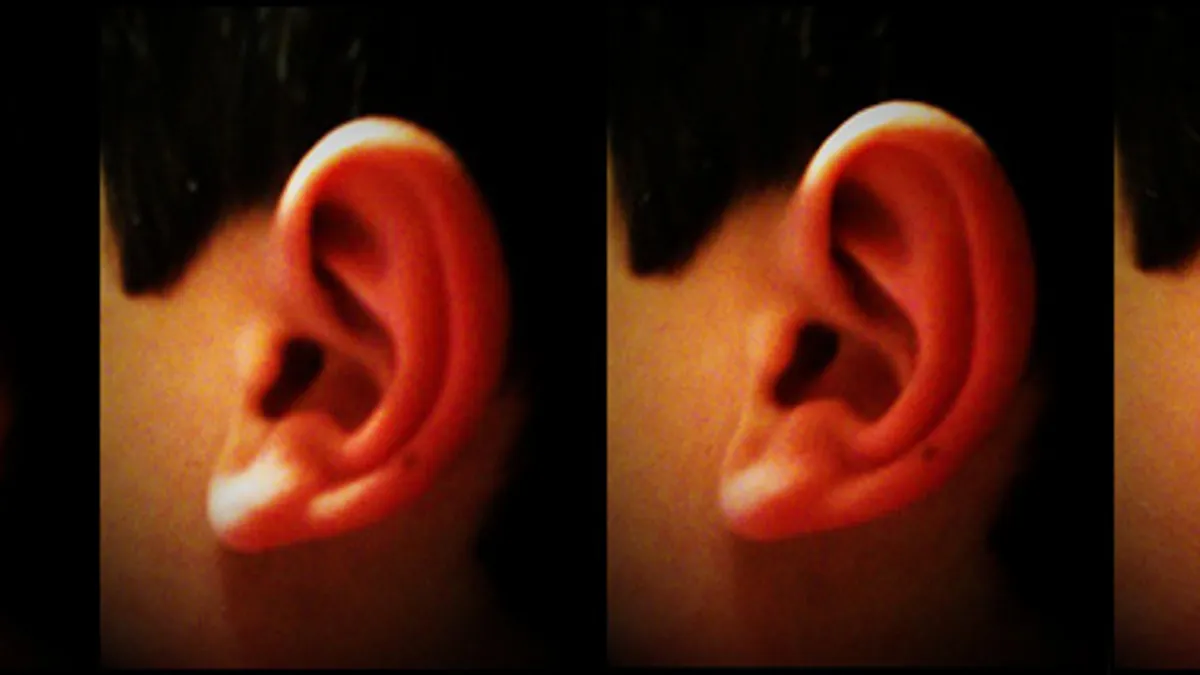Dive Brief:
-
Cochlear Limited said Monday FDA approved its cochlear implant with a behind-the-ear sound processor designed for safe access to magnetic resonance imaging scans without requiring a head wrap or removal of the device's internal magnet.
-
An estimated 466 million people worldwide have disabling hearing loss, according to the World Health Organization. The number is projected to grow to 900 million, or one in every 10 people, by 2050. Among the elderly, nearly a quarter of people aged 65 to 74 years and 50% of those aged 75 and older have disabling hearing loss.
-
The Cochlear Nucleus Profile Plus Series will be commercially available in the United States later this month. It is still awaiting approval by Health Canada, the Sydney, Australia-based company said.
Dive Insight:
A cochlear implant is a small implanted electronic hearing device intended for severely to profoundly deaf adults and children who get limited to no benefit from hearing aids. FDA has approved the devices for use by individuals ages one year and older.
The implant is surgically placed under the skin next to the ear and works by electrically stimulating nerves inside the inner ear. The system consists of an externally worn microphone, sound processor and transmitter held in place next to the implanted internal receiver by a magnet. The system receives sound from the outside environment, processes it, and sends small electric currents near the auditory nerve. The electric currents activate the nerve to send a signal to the brain.
The implant also provides access to direct audio streaming from Android devices without the need of an intermediary device or attachment.
FDA approval of Cochlear Limited's new implant with Nucleus 7 Sound Processor gives users access to direct audio streaming from Android devices in addition to its ability to connect to compatible Apple devices. Apple connectivity was launched in 2017. The company says the Nucleus Smart App can help people locate a misplaced sound processor, track progress with the hearing tracker feature or reduce background noise.
Most insurance companies cover cochlear implants, which are recognized as standard treatment for severe to profound nerve deafness, according to FDA. Medicare, Medicaid, the Veteran's Administration and other public health care plans began covering cochlear implants in 2004.
By contrast, Medicare excludes hearing aids and examinations from reimbursement, but some Medicare Advantage plans offer coverage as a supplemental benefit. A recent Health Affairs report found 28 states provide some coverage of hearing aids under their Medicaid programs.
FDA is expected in November to unveil its framework for the sale of over-the-counter hearing aids for those with mild to moderate hearing loss.










